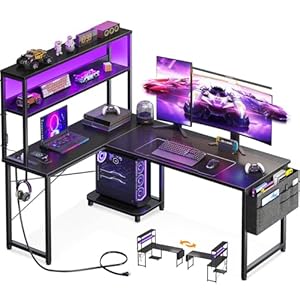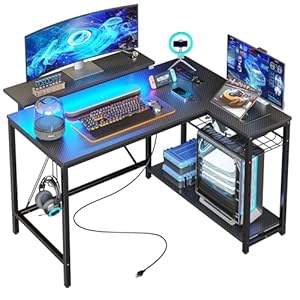
You’re settling in for a marathon gaming session, your PC ready to tackle the latest releases. But have you considered how crucial cooling is for your gaming rig’s performance? Let’s explore why keeping your system cool is not just a matter of comfort but a key factor in ensuring your PC delivers top-notch performance and longevity.
Importance of Cooling for Gaming PCs
Ensuring proper cooling is essential for optimal performance and longevity of your gaming PC. When you engage in intense gaming sessions, your PC components generate a significant amount of heat. Without adequate cooling measures, this heat can build up and lead to various issues such as thermal throttling, decreased performance, and even hardware failure.
One crucial component for cooling your gaming PC is the CPU cooler. The CPU is often referred to as the brain of the computer, and it can generate a substantial amount of heat during gaming. A high-quality CPU cooler helps dissipate this heat, ensuring that your processor can run efficiently without overheating.
Additionally, proper airflow within your PC case is vital. Good airflow helps in removing hot air from inside the case and bringing in cooler air to maintain a balanced temperature. This can prevent hotspots within your PC and contribute to overall system stability.
Investing in quality cooling solutions for your gaming PC is a wise decision that can significantly impact its performance and lifespan.
Effects of Overheating on Performance
Overheating in your gaming PC can significantly impact its performance, leading to decreased efficiency and potential hardware damage. When your system overheats, the CPU and GPU may throttle down their performance to prevent further heat buildup. This means that your gaming experience will suffer as the components operate at lower speeds, causing lags, stuttering, and reduced frame rates in games.
Additionally, prolonged exposure to high temperatures can shorten the lifespan of your hardware. The excessive heat can degrade the components over time, leading to malfunctions and even permanent damage.
Furthermore, overheating can also cause instability in your system, resulting in unexpected crashes and shutdowns during gameplay. This not only disrupts your gaming sessions but can also lead to data loss or corruption if the system fails unexpectedly.
To prevent these issues, it’s crucial to ensure that your gaming PC stays within safe temperature limits by implementing effective cooling solutions.
Types of Cooling Solutions for Gamers
When it comes to keeping your gaming PC at optimal temperatures, various cooling solutions are available to enhance performance and prevent hardware damage. One popular cooling method is air cooling, which utilizes fans to dissipate heat from the CPU and GPU. Air coolers are cost-effective and easy to install, making them a common choice for many gamers.
Liquid cooling, on the other hand, uses coolant-filled tubes to transfer heat away from components. This method is more efficient than air cooling and is preferred by users looking to overclock their systems for maximum performance.
For those seeking a more advanced cooling solution, there are also custom water cooling loops available. These setups require more expertise to install but offer superior cooling capabilities, ideal for high-end gaming rigs. Additionally, some gamers opt for phase-change cooling, which uses refrigeration techniques to achieve extremely low temperatures. However, this method is complex and expensive, typically reserved for extreme overclocking enthusiasts.
Ultimately, the choice of cooling solution depends on your budget, technical skills, and desired level of performance.
Tips for Maintaining Optimal PC Temperatures
To maintain optimal temperatures for your gaming PC, implementing regular maintenance practices is key. Start by keeping your PC and its cooling components clean. Dust buildup can obstruct airflow, causing your system to overheat. Use compressed air to carefully blow out dust from fans, heatsinks, and vents. Ensure that your PC is placed in a well-ventilated area with sufficient airflow to prevent heat from getting trapped.
Monitoring your PC’s temperatures is crucial. Use software tools to keep an eye on your CPU and GPU temperatures. If you notice any spikes or consistent high temperatures, it might be time to reapply thermal paste or upgrade your cooling system.
Additionally, managing your cables can help improve airflow within your PC case. Organize cables neatly to avoid blocking airflow to your components. Consider investing in high-quality case fans or upgrading to a liquid cooling system for more efficient heat dissipation.
Regularly updating your PC’s drivers and firmware can also contribute to better temperature management. Keeping your system up to date ensures that it runs efficiently, reducing the strain on components that can lead to overheating. By following these maintenance tips, you can help your gaming PC maintain optimal temperatures for peak performance.
Gaming














